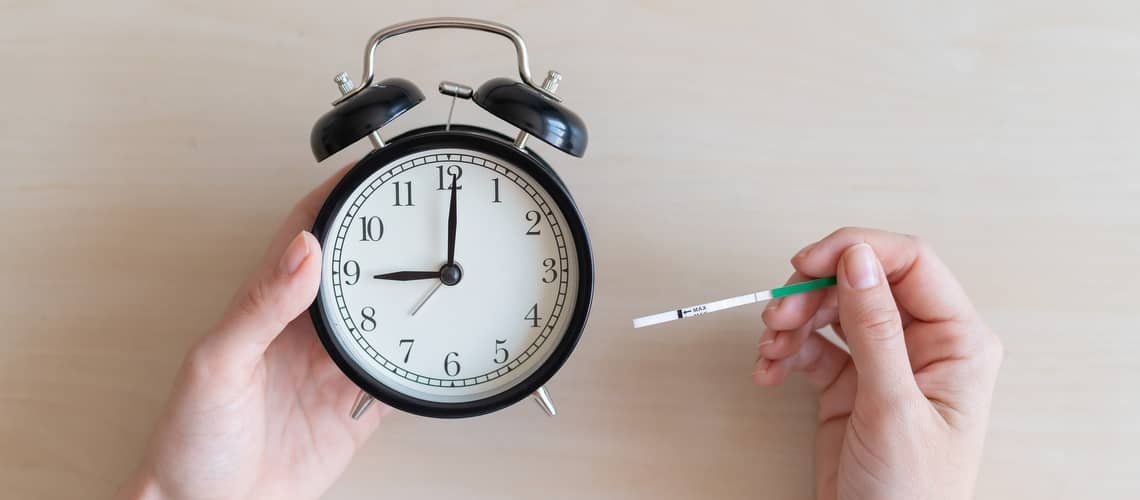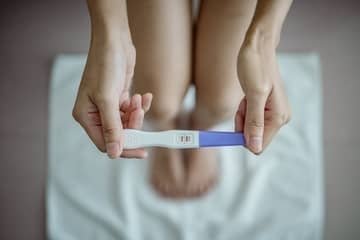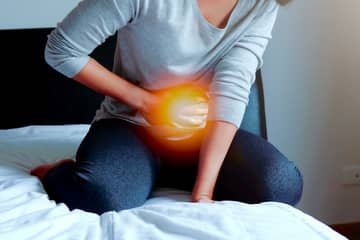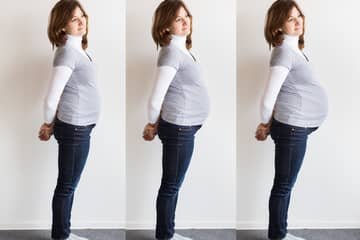
When are the infertile days before period?
This question is best answered from the opposite side. This means, when does a woman have fertile days during her menstrual cycle? The menstrual cycle itself has several phases - menstrual, follicular, ovulatory and luteal. A regular menstrual cycle should have 28 days, but statistically it is usually 21 to 35 days.
Fertile days during the menstrual cycle are the times when unprotected intercourse has the highest chance of fertilization and potential pregnancy of a woman. It is therefore a window of fertility, which represents the days during which a woman's egg can be fertilized by a man's dominant sperm and subsequently the fertilized egg will implant in the uterus. The most fertile period is the ovulation phase. The ovulatory phase is generally considered to be the period from the 12th to the 14th day of menstruation - the matured egg is expelled into the fallopian tubes. The highest chance of pregnancy is if unprotected intercourse occurs 4 days before or 4 days after ovulation (between the 11th and 21st days of the cycle). The mature egg is released from the follicle into the fallopian tube, where it can meet the male sperm.
All other days outside the ovulation phase can be considered infertile days. Infertile days are generally considered days when a woman has menstrual bleeding. This can take 2 to 7 days, which is very individual. It is not recommended to have sexual intercourse during menstrual bleeding. Infertile days before or just after menstruation are also considered the least risky in terms of possible fertilization. In general, a woman has the least chance of getting pregnant in the first phase of the cycle (days 1 to 7) and in the final phase of the cycle (days 20 to 28). Again, we remind you that every unprotected sexual intercourse represents a higher chance that fertilization will occur.
At the same time, it is not true that if there is unprotected sexual intercourse outside the ovulation period, there is no risk of fertilization of the egg and possible pregnancy. Every unprotected intercourse, even outside of ovulation, represents an increased chance of fertilization and subsequent pregnancy. Sperm can survive in a woman's body for 3-4 days, according to some research, even up to 7 days. It also depends on the condition and the amount of sperm in the ejaculate.
Pridať komentár






